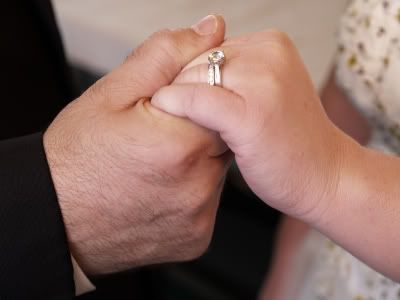Jessica Gavora makes an important point in the Washington Post about Julia, the Obama campaign’s poster-woman for how great the state is at every stage of life: Julia’s single.
It’s obvious—no man other than her son is mentioned in the multi-page pictorial—but is easy to overlook.
Yet as Gavora highlights this is a central part of the story, since it is really the role of husband that the state is replacing throughout Julia’s adult life. It’s also politically important since single woman are critical to Obama’s re-election prospects. Thus, as Gavora writes, Democrats, through efforts like Julia, are attempting to:
[m]ake singlehood cool and fresh and new in an attempt to court this demographic… With her spare, faceless affect, Julia is meant to evoke a more modern, independent sensibility — with the exception of her life of endless government dependency, that is.
Gavora calls Julia a myth, noting that most single women struggle and many live in poverty. She explains that efforts to downplay the importance of marriage and normalize single motherhood will grow the state and exacerbate societal problems.
I share those concerns, but I think it’s important to focus on how the state itself degrades the image of singlehood by robbing it of its sense of independence. Liberals often make it sound as though those who express concern about the growing ranks of single women want to create a stigma about singleness in a Hester Prynn-type of way. Yet I think the real tension between single and married is state-created. The idea that Gavora notes at the end of her piece: it’s expensive when the state becomes the husband step-in and pays to support the children of single parents. It’s frustrating for married parents, trying to support their own kids, to pay for all the programs that go to assist other people’s kids.
It’s not just married people who should resend the idea of the state-as-husband. Single people should resent it too. They should resent the idea that they need the state-as-husband to step in at every stage of life, since that presumes that they can’t be truly independent and make it on their own. The pride of making it on your own disappears when Uncle Sam takes care of your every need.
This battle between the all-supporting state depicted in Julia and those who believe in limited government isn’t just for the votes of any particular cohort—it’s over the concept of what it means to live a free and independent life.


